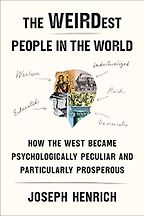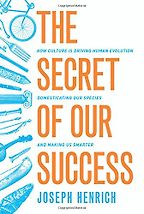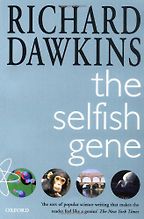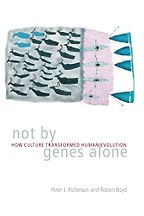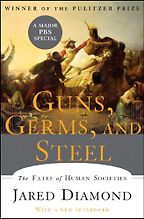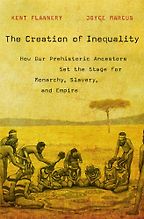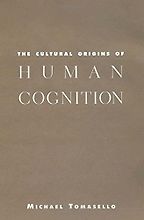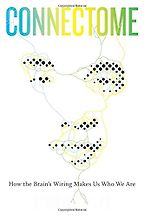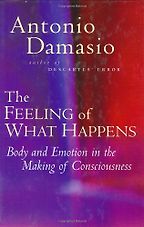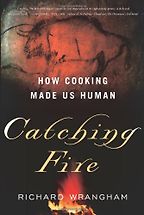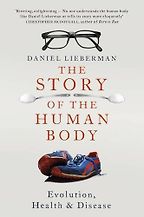
Books by Joseph Henrich
Joseph Henrich is professor of human evolutionary biology at Harvard University. He also holds the Canada Research Chair in Culture, Cognition, and Coevolution at the University of British Columbia, where he is a professor in the departments of psychology and economics.
“We’ve come well past the point where a single person could hold all the cultural knowledge of the species.” Read more...
The best books on The Human Brain
Suzana Herculano-Houzel, Science Writer
Interviews with Joseph Henrich
-

1
The Selfish Gene
by Richard Dawkins -

2
Not by Genes Alone: How Culture Transformed Human Evolution
by Peter J. Richerson & Robert Boyd -

3
Guns, Germs and Steel
by Jared Diamond -

4
The Creation of Inequality: How Our Prehistoric Ancestors Set the Stage for Monarchy, Slavery, and Empire
by Joyce Marcus & Kent Flannery -

5
The Cultural Origins of Human Cognition
by Michael Tomasello
The best books on Cultural Evolution, recommended by Joseph Henrich
The best books on Cultural Evolution, recommended by Joseph Henrich
What role did culture play in human evolution? Why did human brains get so big so quickly? When and why did inequality first emerge in human society? Harvard professor and author Joe Henrich picks some of the best books for understanding ‘cultural evolution.’
Interviews where books by Joseph Henrich were recommended
-

1
Connectome
by Sebastian Seung -

2
The Feeling of What Happens
by Antonio Damasio -

3
Catching Fire: How Cooking Made Us Human
by Richard Wrangham -

4
The Story of the Human Body: Evolution, Health and Disease
by Daniel Lieberman -

5
The Secret of Our Success: How Culture Is Driving Human Evolution
by Joseph Henrich
The best books on The Human Brain, recommended by Suzana Herculano-Houzel
The best books on The Human Brain, recommended by Suzana Herculano-Houzel
The human brain contains 86 billion neurons and burns a quarter of our energy intake. But it is by no means extraordinary, says Suzana Herculano-Houzel. Here, the Brazilian neuroscientist chooses five of the best books for understanding the complexities and connectivity of our most enigmatic organ.
